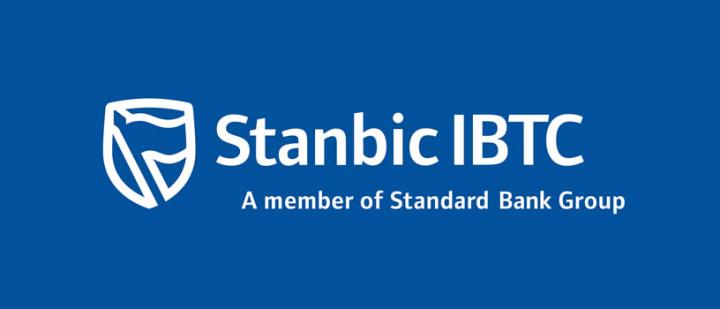The Securities and Exchange Commission (SEC) has imposed a fine of N50.145 million on Stanbic IBTC Capital Limited, in connection with regulatory breaches tied to Guaranty Trust Holding Company Plc’s (GTCO) public share offer. The penalty was disclosed in the half-year 2025 financial report of Stanbic IBTC Holdings and underscores the need for closer regulatory compliance in capital markets.
According to the details, the SEC’s sanction centers on Stanbic IBTC Capital’s use of digital subscription channels—namely internet banking platforms and mobile applications—during the GTCO equity issuance process without obtaining the required “No Objection” approval from the regulator. The SEC held that the issuing house acted prematurely by permitting investor subscriptions via those digital means before formally securing regulatory clearance.

The GTCO share offering in question involved a capital raise of N392.49 billion, which formed part of a broader strategy to comply with forthcoming recapitalization directives in Nigeria’s banking sector. As lead issuing house, Stanbic IBTC Capital was charged with coordinating regulatory engagement, ensuring procedural conformity, and managing investor subscription channels. However, the decision to enable digital subscriptions without prior SEC approval was deemed noncompliant with the rules governing public offers.
In response to the fine disclosure, a spokesperson for Stanbic IBTC Capital reportedly acknowledged the regulatory infraction and attributed part of the miscalculation to a clerical error in the company’s initial NGX filing, which had mistakenly reported the fine as N50.15 billion. The correct figure, as confirmed by both the regulator and the company, is N50.145 million.
The regulatory action draws attention to evolving expectations around the use of digital tools in capital market transactions. As financial institutions increasingly adopt online and mobile platforms for public offers, regulators like the SEC are reinforcing the importance of maintaining procedural safeguards and securing prior approval for technological innovations in issuance processes.
Market watchers see the fine as a signal that the SEC intends to maintain strict oversight, even as the capital market pushes toward greater digitalization. The move serves as a reminder to issuing houses that regulatory protocols must be respected regardless of the convenience offered by digital platforms, and that the pace of innovation must not outstrip compliance.
For investors and stakeholders, the decision sends a message about the importance of regulatory fidelity in the Nigerian capital market ecosystem. It also raises questions about operational risk management in underwriting and issuance houses, especially as these firms increasingly rely on technology in subscription and distribution strategies.
Analysts believe that Stanbic IBTC Capital will need to review and strengthen its compliance frameworks, internal controls, and digital governance policies to avoid repeat sanctions. The firm may also need to engage more closely with regulators ahead of future capital market exercises to ensure that new subscription channels comply with SEC’s expectations.
The penalty also comes during a period of heightened regulatory activity in Nigeria’s financial sector, with authorities pushing for deeper reforms, stronger governance, and improved investor protection. Against that backdrop, the SEC’s action against Stanbic IBTC Capital reinforces its oversight posture and signals that deviations from regulatory requirements—especially in high-value transactions—will not be tolerated.
As the dust settles, stakeholders will watch how Stanbic IBTC Capital responds: whether it absorbs the fine, adjusts its issuance processes, revises its subscription technology protocols, and works to restore regulatory trust. For the broader capital market, the episode may catalyze a closer alignment between digital innovation and compliance protocols, reinforcing that modernization need not come at the expense of procedure.
Support InfoStride News' Credible Journalism: Only credible journalism can guarantee a fair, accountable and transparent society, including democracy and government. It involves a lot of efforts and money. We need your support. Click here to Donate
